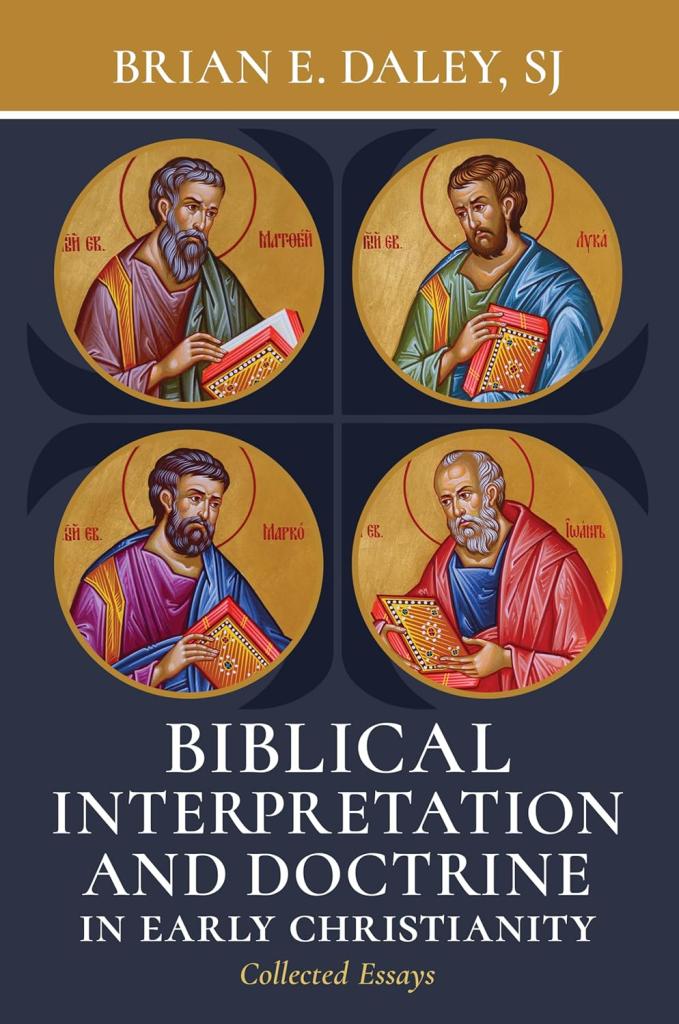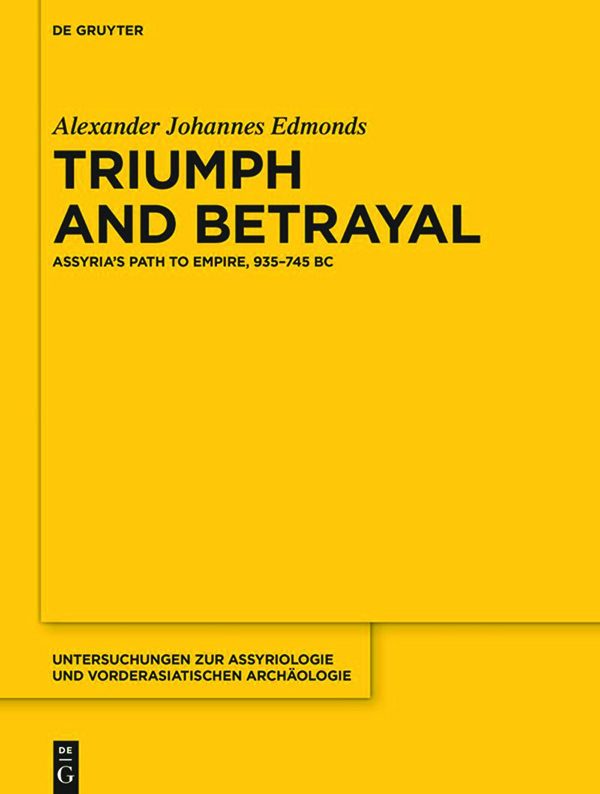Biblical Interpretation and Doctrine in Early Christianity-1 2025-04-08T09:17:05-04:00 Ben Witherington
(This study appeared early in 2025, from Eerdmans Pub. Co,)
There are few scholars more knowledgable about how the early church fathers interpreted the BIble than Brian Daley. Daley however is not just interested in conveying this knowledge, he is in fact advocating for the early fathers’ hermeneutical approach to the text, and he is quite critical of historical critical study of the Bible. What strikes me the most about his critique is that it only actually applies to the agnostic or atheistic approaches to the text, not to the historical approaches of committed Christian scholars, who do not basis their exegesis on such dubious principles as ‘miracles don’t happen because they can’t happen’ as Bart Ehrman once said to me when we were both making presentations long ago at New Orleans Baptist Seminary. That very dogmatic position (and dogma it is, because no one knows everything about what is possible in human history or in the universe), is not the posture of many believing Protestant and Catholic exegetes who believe in the usefulness of the historical critical method. But listen to what Daley says: in critiquing R.P.C. Hanson’s view that the events of the past have a reality independent of the interpreting and narrating subject, which is essentially still accesible to later hearers or readers. “The history has a significance and an intelligibility contained simply within itself, and that God’s action in history, although for us an object of faith, is essentially to be thought of on the same level of cause and effect on which human and natural events are to be found.” (pp. 37-38). It is simply not true that “only natural inner worldly explanations of why or how things happen, explanations which are acceptable to believes and unbelievers alike, are taken as historically admissible. So God is not normally understood to count as an actor on the stage of history; God’s providence in history, the divine inspiration of scriptural authors and texts, even the miracles narrated in the Bible are assumed to be private human interpretations of events, interior and non-demonstrable, rather than events or historical forces in themselves.” (p. 38).
Certainly one of the operating assumptions of the kind of patristic exegesis Daley is an advocate for involves the hermeneutical distinction between literal and figural interpretations of the Biblical text. Notice that in both cases we are talking about modes of interpretation, not sensus plenior or the fuller sense of a text, understood only with the benefit of later events and hindsight. And this fundamental distinction between literal and figural readings, is unfortunately based on a fundamental misinterpretation of the key text in 2 Cor 3, which reads as follows:
“He has made us competent as ministers of a new covenant—not of the letter but of the Spirit; for the letter kills, but the Spirit gives life.7 Now if the ministry that brought death, which was engraved in letters on stone, came with glory, so that the Israelites could not look steadily at the face of Moses because of its glory, transitory though it was, 8 will not the ministry of the Spirit be even more glorious? 9 If the ministry that brought condemnation was glorious, how much more glorious is the ministry that brings righteousness! 10 For what was glorious has no glory now in comparison with the surpassing glory. 11 And if what was transitory came with glory, how much greater is the glory of that which lasts!
12 Therefore, since we have such a hope, we are very bold. 13 We are not like Moses, who would put a veil over his face to prevent the Israelites from seeing the end of what was passing away. 14 But their minds were made dull, for to this day the same veil remains when the old covenant is read. It has not been removed, because only in Christ is it taken away. 15 Even to this day when Moses is read, a veil covers their hearts. 16 But whenever anyone turns to the Lord, the veil is taken away. 17 Now the Lord is the Spirit, and where the Spirit of the Lord is, there is freedom. 18 And we all, who with unveiled faces contemplate the Lord’s glory, are being transformed into his image with ever-increasing glory, which comes from the Lord, who is the Spirit.”
In the first place, Paul is not talking about two means of interpreting the OT, or two levels of discourse in the OT. This text is not an exercise in Pauline hermeneutics, it is a statement about the effect of the Law, as opposed to the affect of the Holy Spirit on a fallen sinful person. The Law, while holy, just, and good in itself could not give life. To the contrary its unintended effect was death-dealing rather than life giving. By contrast the effect of the Holy Spirit on a sinner is life giving, and allows them to see and understand not merely the Scriptures but the Christ himself in a new light and be transformed increasingly into the very image of Christ. The veil that hangs over the mind of the unbeliever is not a literal interpretation of Scripture as opposed to a figural one, it is rather caused by sin, falleness, hardness of heart, and so blindness to the truth in the text itself. There is no basis in 2 Cor. 3 for the literal vs, figural approach to the Biblical text. Yes, literary sensitivity to the Biblical text is required to understand it. When allegorizing of a non-allegorical text like the story of Sarah and Hagar happened in Gal. 4, it is announced in the text, or when typology of an OT figure like Melchizedek is used to give clearer understanding of Christ’s ministry the context makes this clear. And of course parables must be interpreted not as allegories but as the sort of Jewish wisdom they are, and the poetry of the psalms must be interpreted in light of their genre as well. (see my book Reading and Understanding the Bible).
We will say more about all this in the next post, but I leave you with this thought— what the text meant when the original inspired author wrote it down is still what it means today, though it may have a larger significance or a different application today. A text without a context is just a pretext for whatever you want it to mean, and the problem with various of the church fathers is they fail to take seriously the original historical contexts of the Biblical text in their race to give a Christian interpretation of the text, an interpretation I might add, often based on post-Biblical theologies that do not derive from the Bible itself.












 English (US) ·
English (US) ·